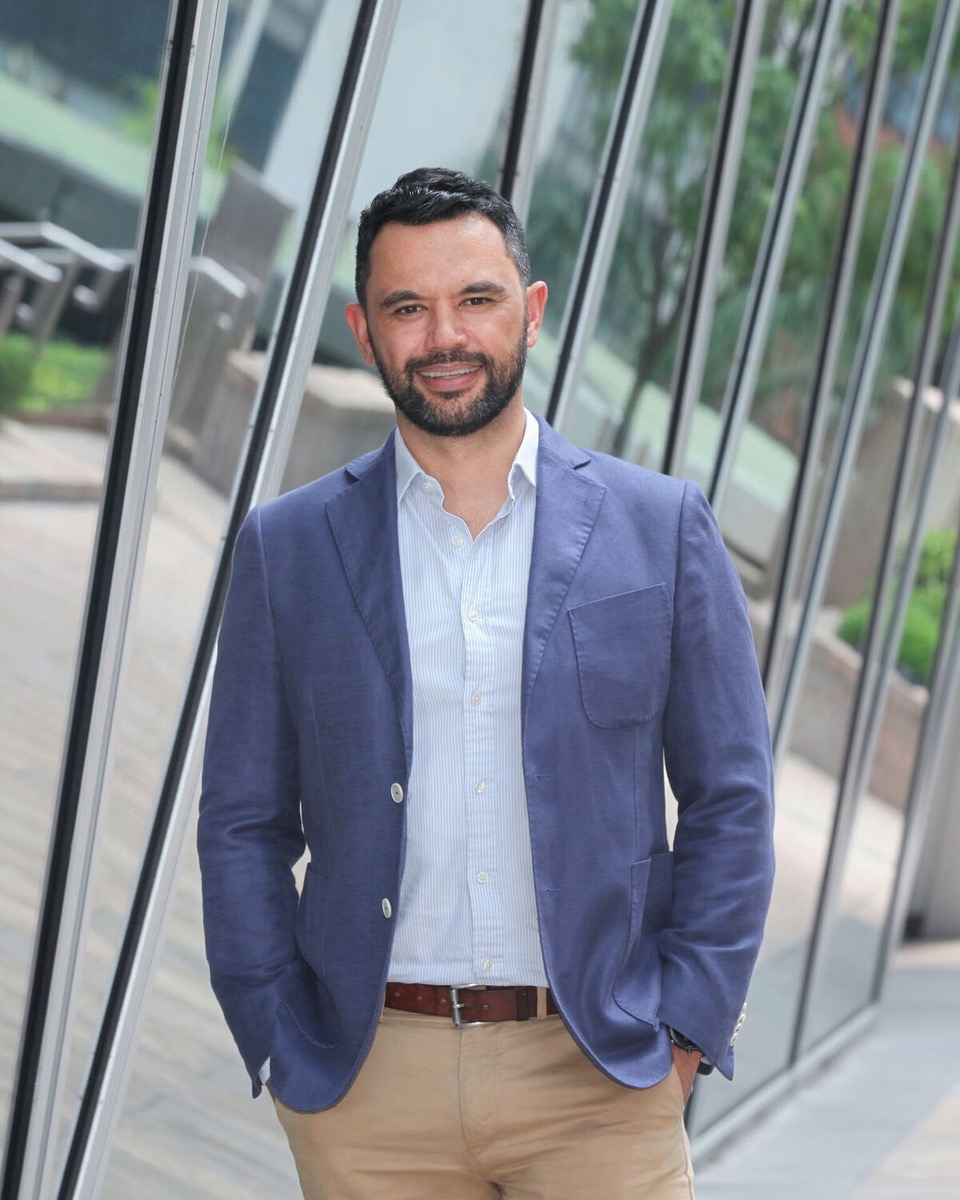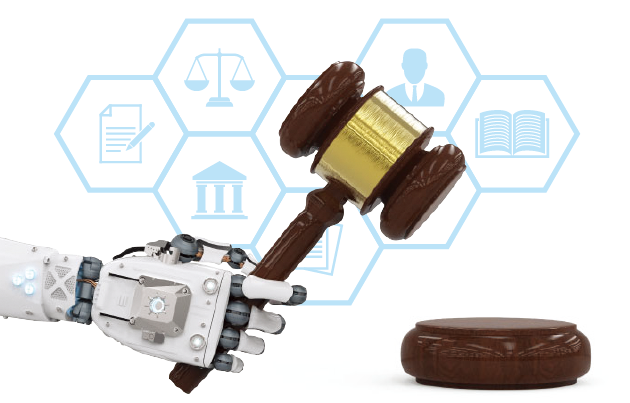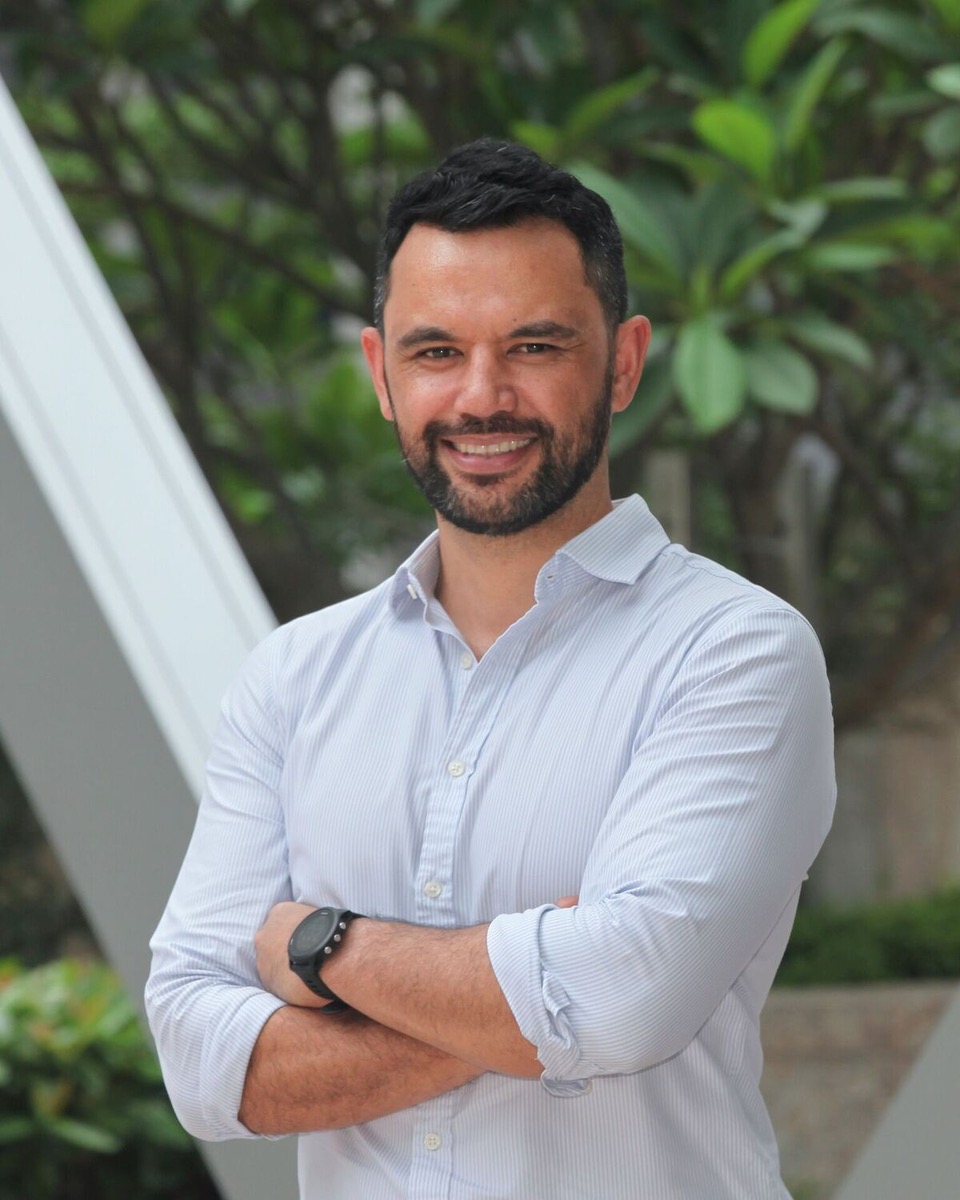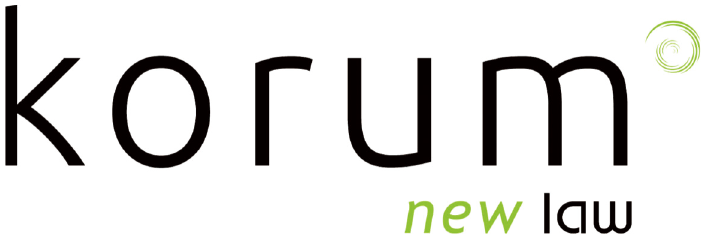 We talk to Titus Rahiri, director and founder of KorumLegal, about technology, disruption and the future of legal services.
We talk to Titus Rahiri, director and founder of KorumLegal, about technology, disruption and the future of legal services.
Asian-mena Counsel: What is your impression of the NewLaw environment in Asia?
Titus Rahiri: The market is growing at a fast pace. A few years ago, there were only a few players in Asia, but as NewLaw becomes part of the normal legal ecosystem, we’ve seen new entrants starting up or moving into Asia. With Asia competing to be a hub of innovation and entrepreneurship, and with a growing startup community and investors looking for the next ‘unicorn’ business, it makes sense that NewLaw legal innovators could thrive here. Singapore, in particular, has provided government support with the Singapore Academy of Law’s Future of Legal Innovation Programme which is a legal innovation hub for startups to grow in a nurtured environment. Hong Kong has a lot of talent and NewLaw innovation, which is gaining some real traction. With the right government support, it could really take off.
AMC: How much potential is there for disruption in Asia?
TR: Asia is a fairly traditional market, with a general reticence to embrace innovation in legal solutions. However, that is changing and clients are seeking alternative, value-driven legal solutions from their legal service providers. It’s an alternative to traditional law that is often a big strain on the purse strings, and it also ensures that legal departments are at their peak — whether they are supported through flexible people or streamlined technology-enabled processes. As we see it, NewLaw or alternate legal service  providers are a permanent part of the legal framework. This has been validated by some recent investments and acquisitions by private equity, the Big Four and investments from large multinational law firms into alternative legal service providers — or NewLaw.
providers are a permanent part of the legal framework. This has been validated by some recent investments and acquisitions by private equity, the Big Four and investments from large multinational law firms into alternative legal service providers — or NewLaw.
AMC: How competitive is the legal services market in the region?
TR: As you would expect, the number of NewLaw players is growing so there is growing competition. But we think this is a good thing. NewLaw is about constantly innovating and bringing a fresh approach to the delivery of legal solutions. This is enhancing legal services delivery for clients. We all have a collaborative mindset because we all want to move towards the same goal — to provide better and client-centric legal services.
AMC: What’s more important at KorumLegal — people or technology?
TR: Right now, our people solutions model is successful, because it makes a lot of sense to the market and is more familiar to established general counsels. I was once on the buy-side of this model in my role as regional general counsel, so I know exactly the benefits it can provide from a cost and resource perspective. It is particularly useful for specific projects, maternity cover or additional support, hiring gaps, head-count freezes or as a flexible legal counsel.
 Technology is a key enabler to growth — it is the way the world is headed and no-one can ignore it. But people will always remain central to legal solutions. Legal is ultimately a service-based business — and those who use technology as an enabler to more effective, efficient and client-centric solutions will make the most impact in the years to come. Legal tech is still in its relative infancy compared to other industries, but it is making some great progress. KorumLegal is making sure that it is ahead of the curve and staying abreast of the latest developments in legal tech. We see technology as a key pillar to our business in coming years as it matures and starts solving some of the major pain points of our clients — and it will support our clients’ people and process demands and become an enabler to their businesses.
Technology is a key enabler to growth — it is the way the world is headed and no-one can ignore it. But people will always remain central to legal solutions. Legal is ultimately a service-based business — and those who use technology as an enabler to more effective, efficient and client-centric solutions will make the most impact in the years to come. Legal tech is still in its relative infancy compared to other industries, but it is making some great progress. KorumLegal is making sure that it is ahead of the curve and staying abreast of the latest developments in legal tech. We see technology as a key pillar to our business in coming years as it matures and starts solving some of the major pain points of our clients — and it will support our clients’ people and process demands and become an enabler to their businesses.
AMC: What types of clients are receptive to KorumLegal’s value proposition?
TR: KorumLegal is shaping the new reality in legal solutions and the types of clients coming to us are diverse. We work with startups, SMEs, multinational companies, law firms, banks, interest groups and regulators… and particularly those who are interested in doing things differently, who are being challenged to do more for less, or who are focused on disruptive legal solutions. A key reason for such diversity in our clients is our diverse offering of solutions across people, process and technology. There is no-one size fits all and each client is provided with a bespoke solution to suit their needs.
AMC: What most differentiates KorumLegal from a traditional law firm?
TR: We are a law company, and not a law firm. Up until very recently, the legal services industry has seen very little disruption or innovation. Traditional legal solutions continued to be expensive, inaccessible and complex. At KorumLegal, we are flexible, innovative, smart and value driven. Rather than time input, our focus is on value output to our clients. Our range of solutions across people, process and technology is also a key differentiator. We use Lean management principles, Six Sigma and other efficiency processes in our internal HQ operations and also in our client assignments and projects to unlock capacity and underutilised capabilities. Our legal consultants can sit with the client or they can work remotely, depending on client needs or budget. An example of this is where we had a senior consultant from Hong Kong, who worked remotely in Canada for a few months for a London-based client, managing the client’s Asia legal support needs. This was enabled by technology and a flexible mindset of both client and consultant.
On this note, our legal consultants are integral to the KorumLegal community and are key to our business. Our consultants have come from international reputable law firms, in-house legal teams in Fortune 500 companies and listed MNC’s as well as fast-growing startups. Whether it is more flexibility in their work, time to travel, starting a business or starting a family, our model provides a very attractive career alternative. There’s life beyond traditional law and we think that’s key. We put a lot of time, money and effort into getting a law degree and legal training, so we are very attracted to being able to put those skills to good use outside the traditional sphere.
AMC: Looking forward, what’s your outlook for the legal services industry in Asia?
TR: The legal services industry, as we know it, will not be the same in the next five, let alone, 10 years. The rate of technology advancements in this space make it almost impossible to predict. But what I can say, is that more and more NewLaw models will appear. Some will thrive, others may not, but NewLaw is here to stay. It is a market that is ripe for the picking because law has been so immobile for most of the last century. Data analytics, artificial intelligence, blockchain and people in the gig economy will be keys to the future of law. And the future of law will not just be lawyers. It will include technologists, peoject managers, data analysts, software engineers and others. And this is what makes it exciting to be a part of right now.

W: www.korumlegal.com
E: titus.rahiri@korumlegal.com


